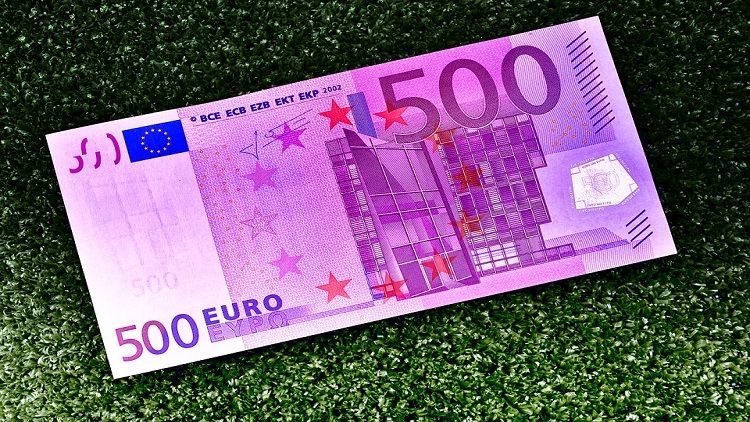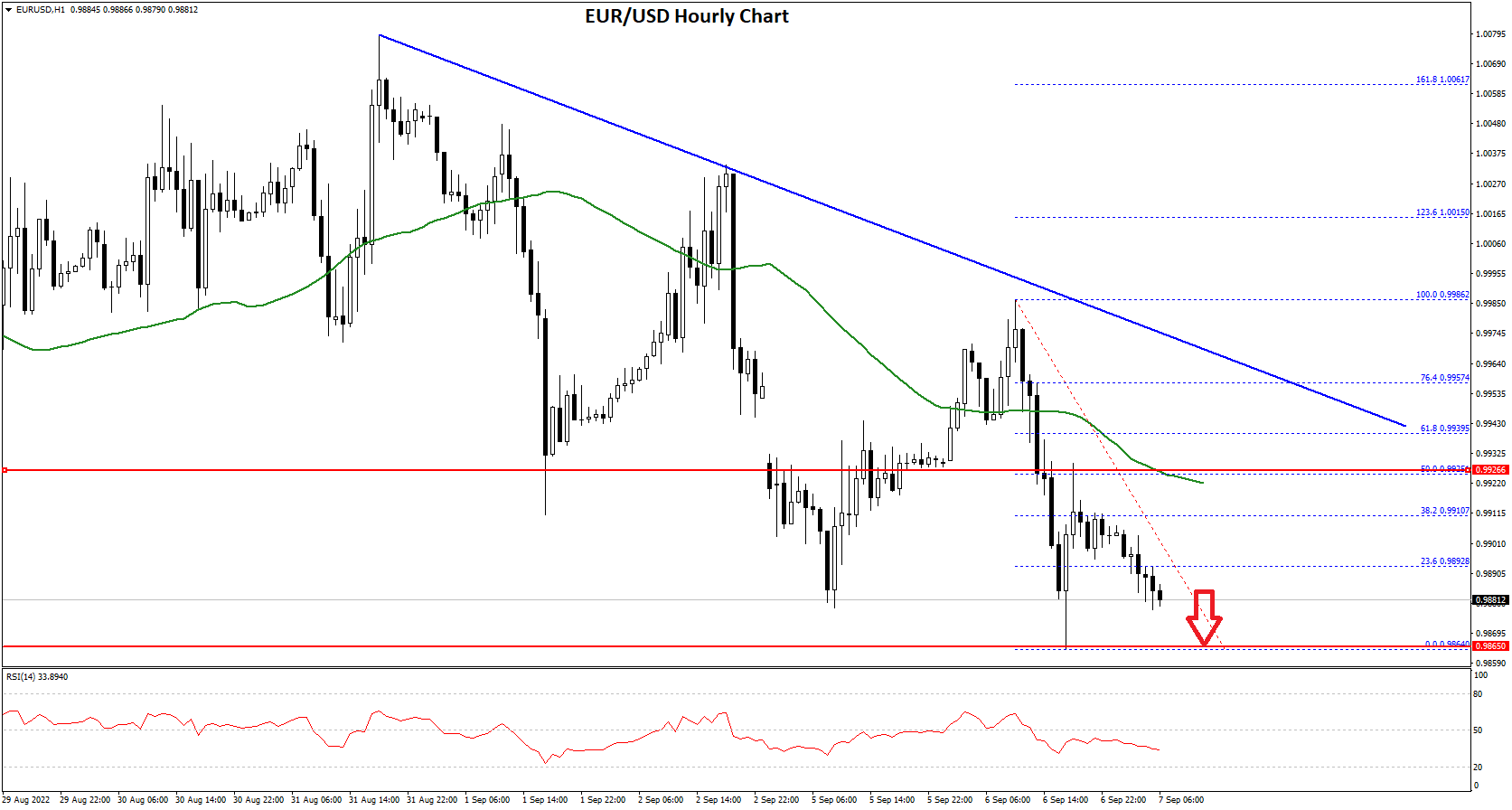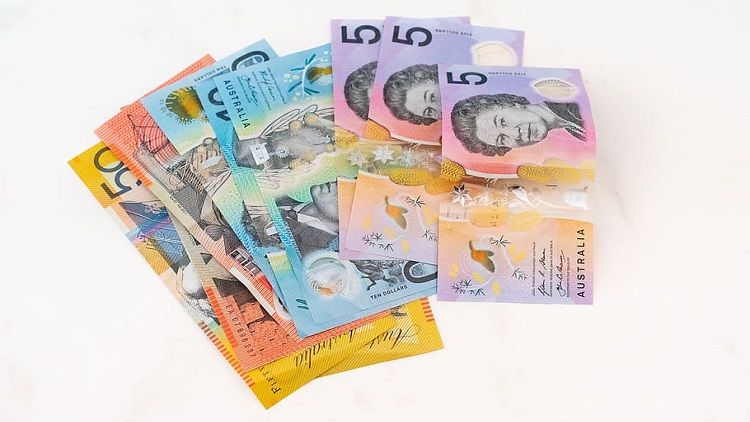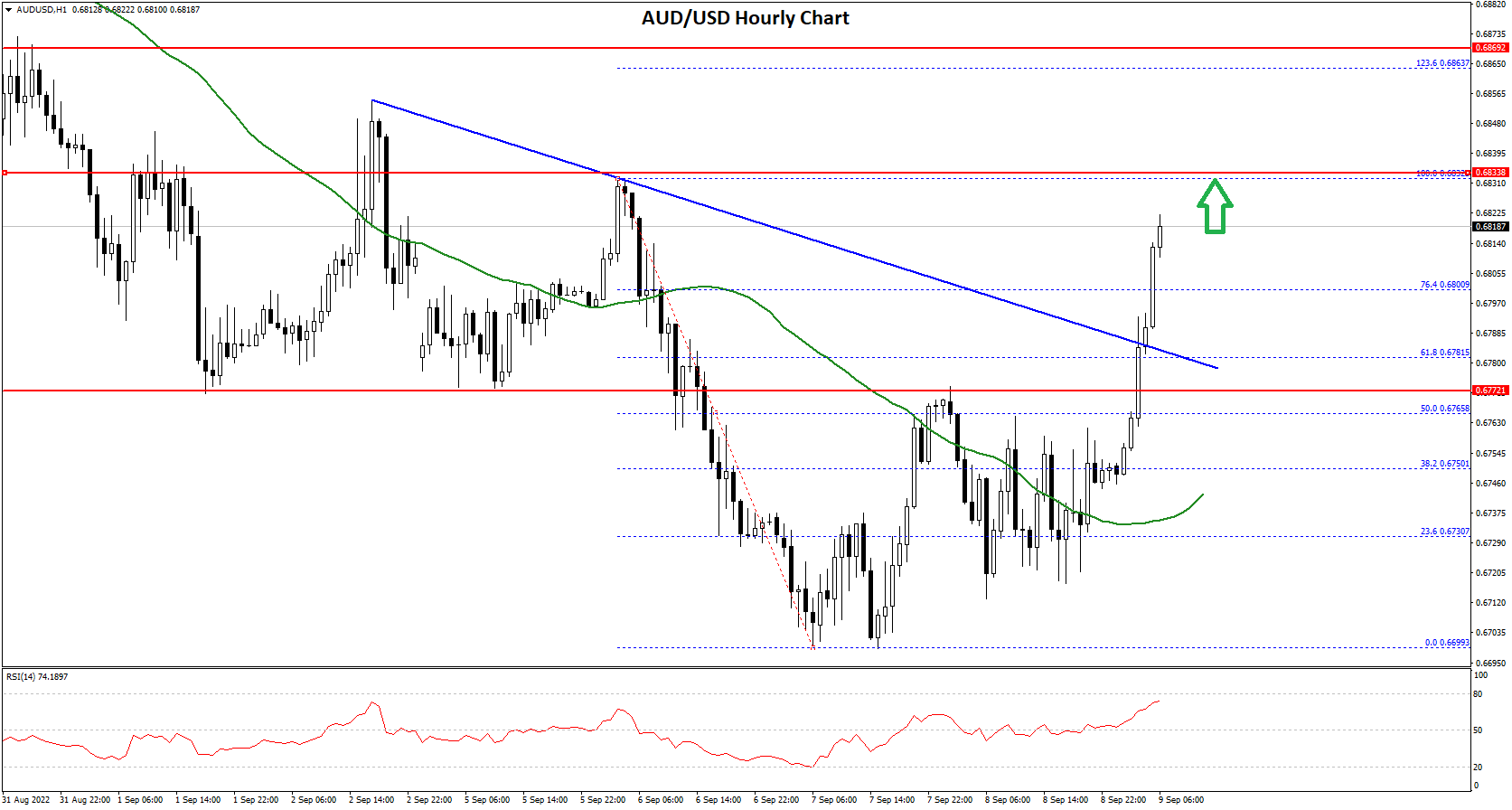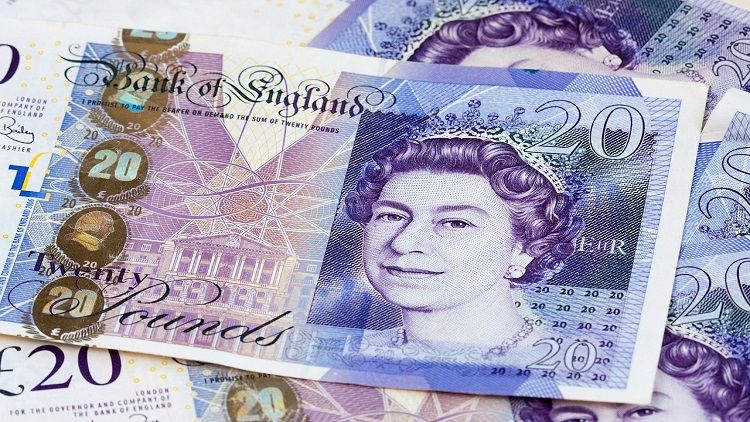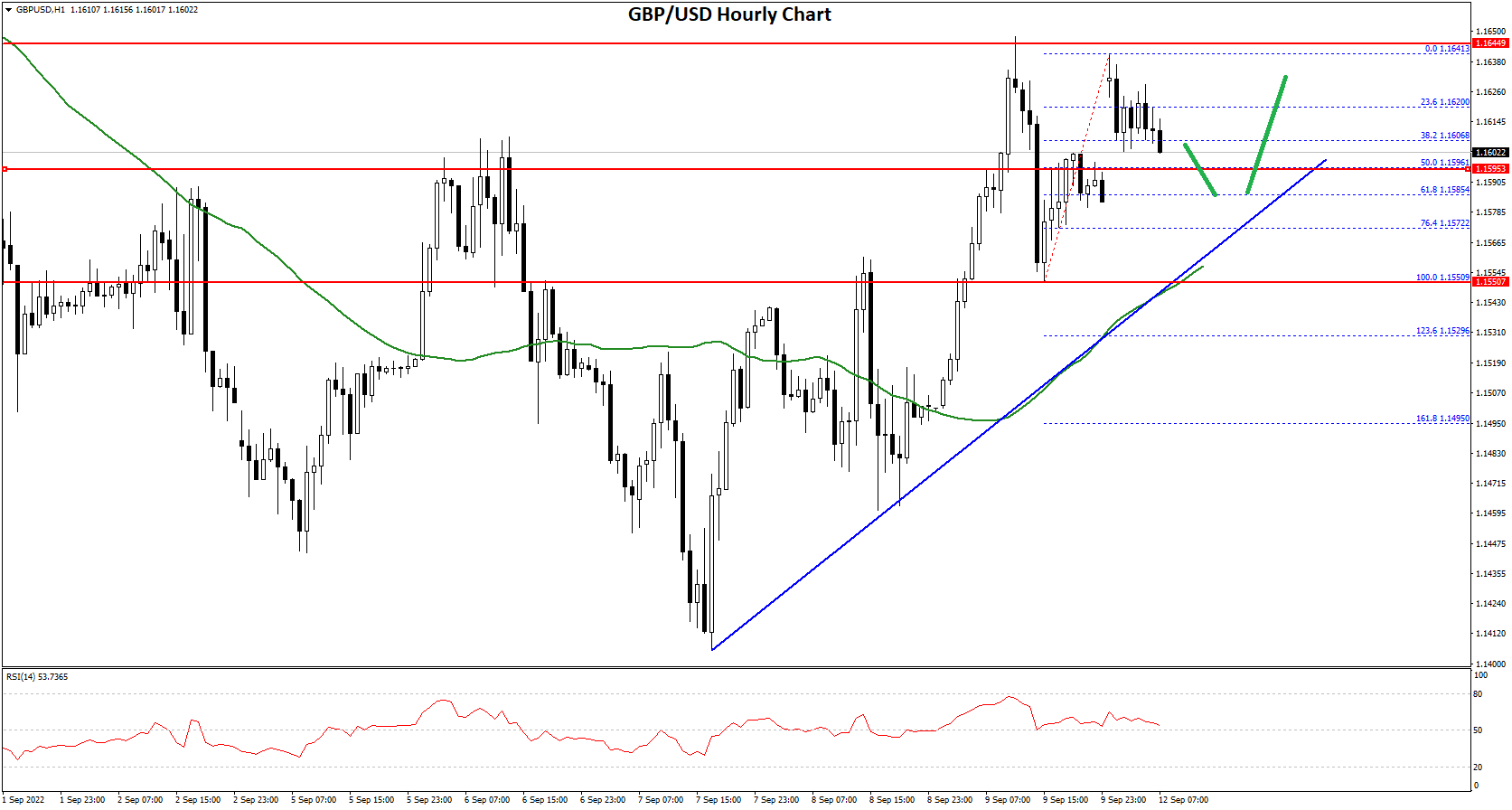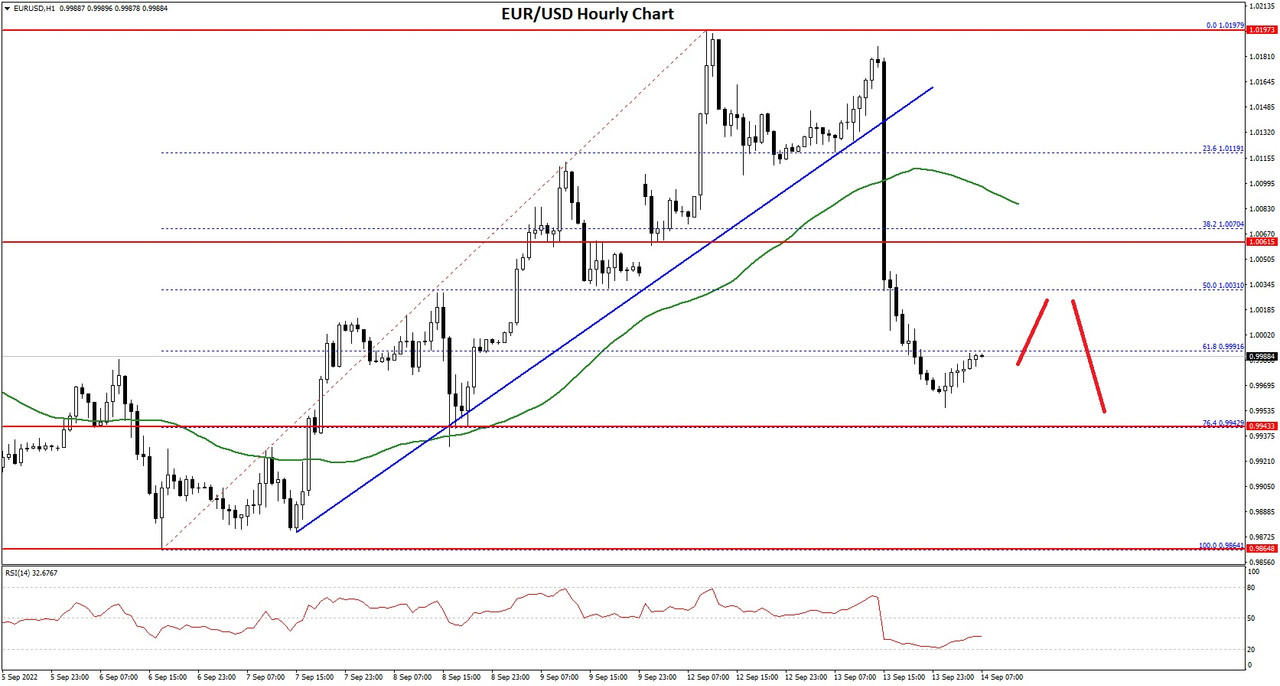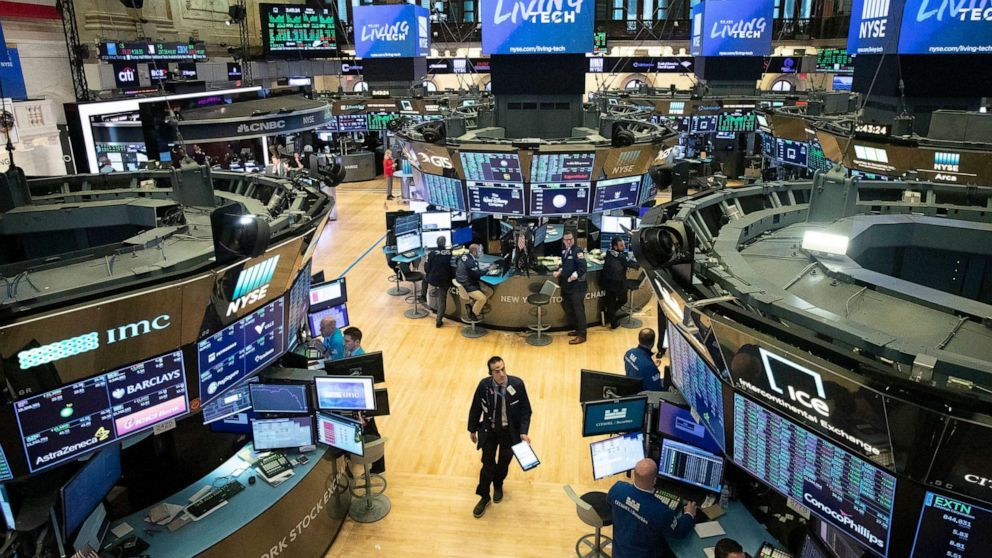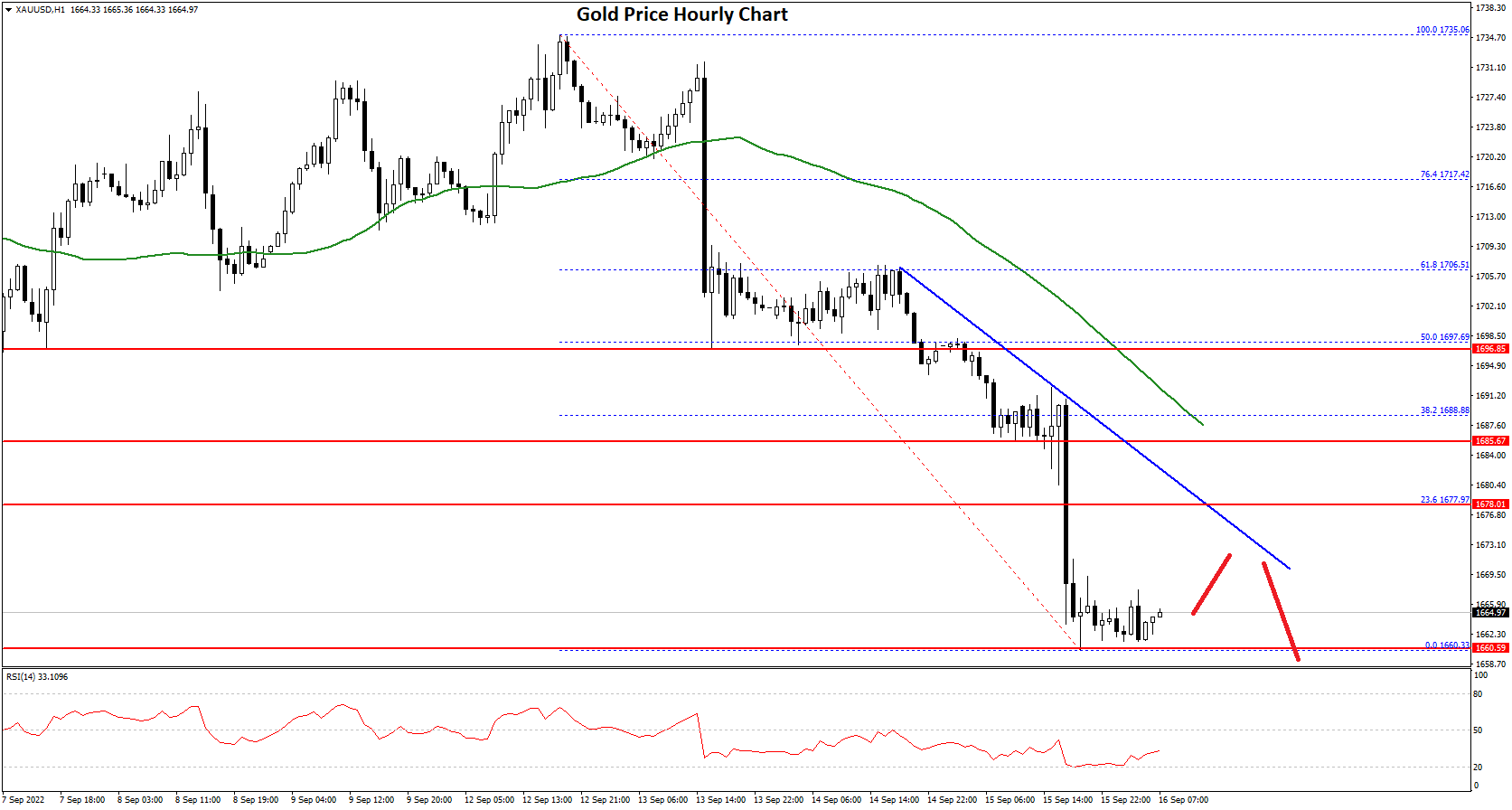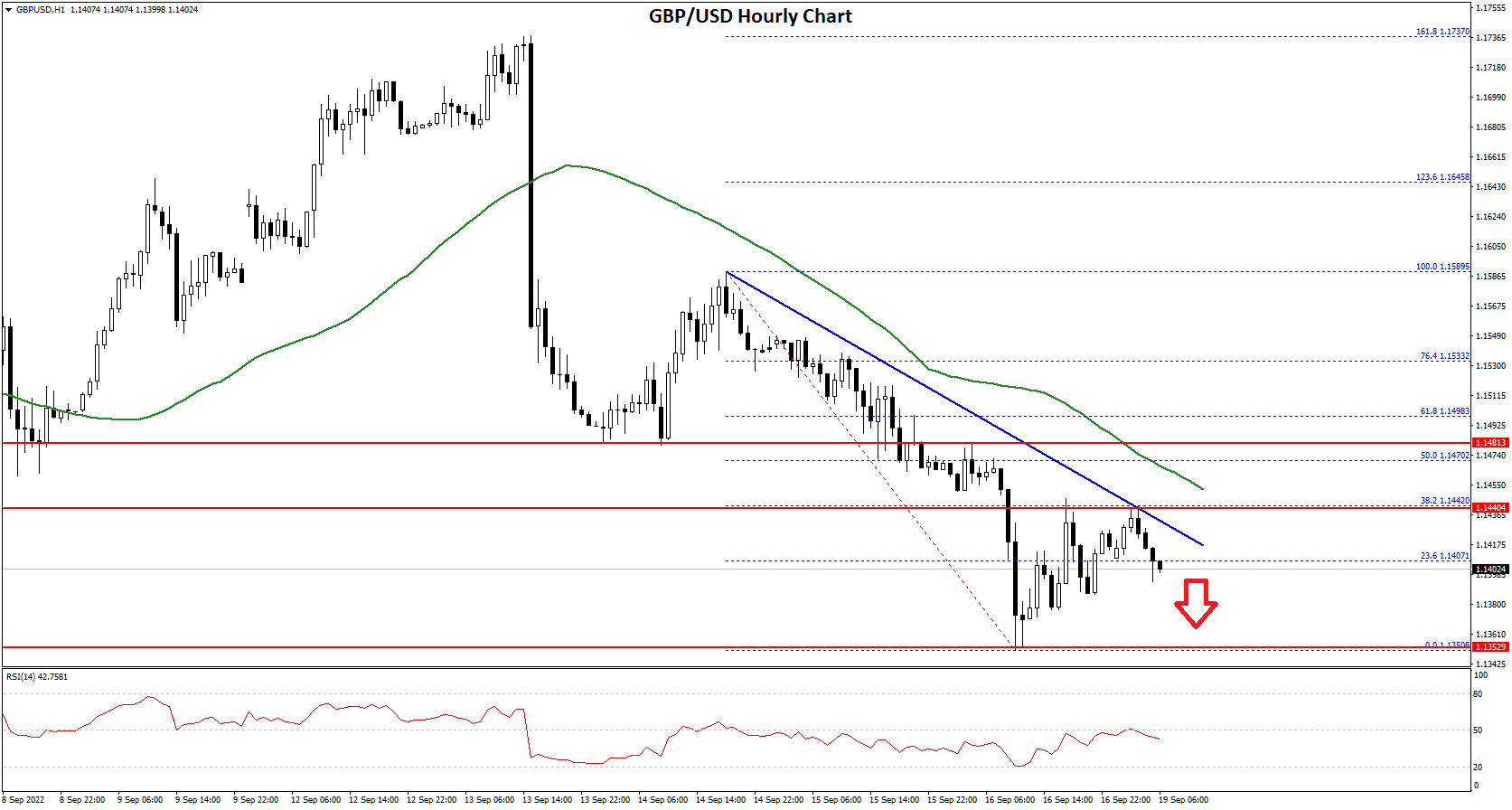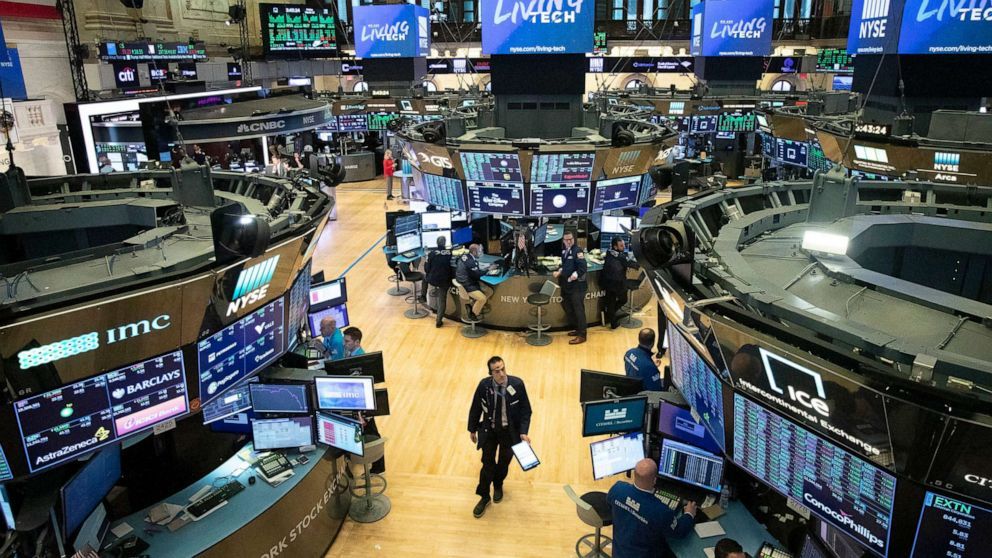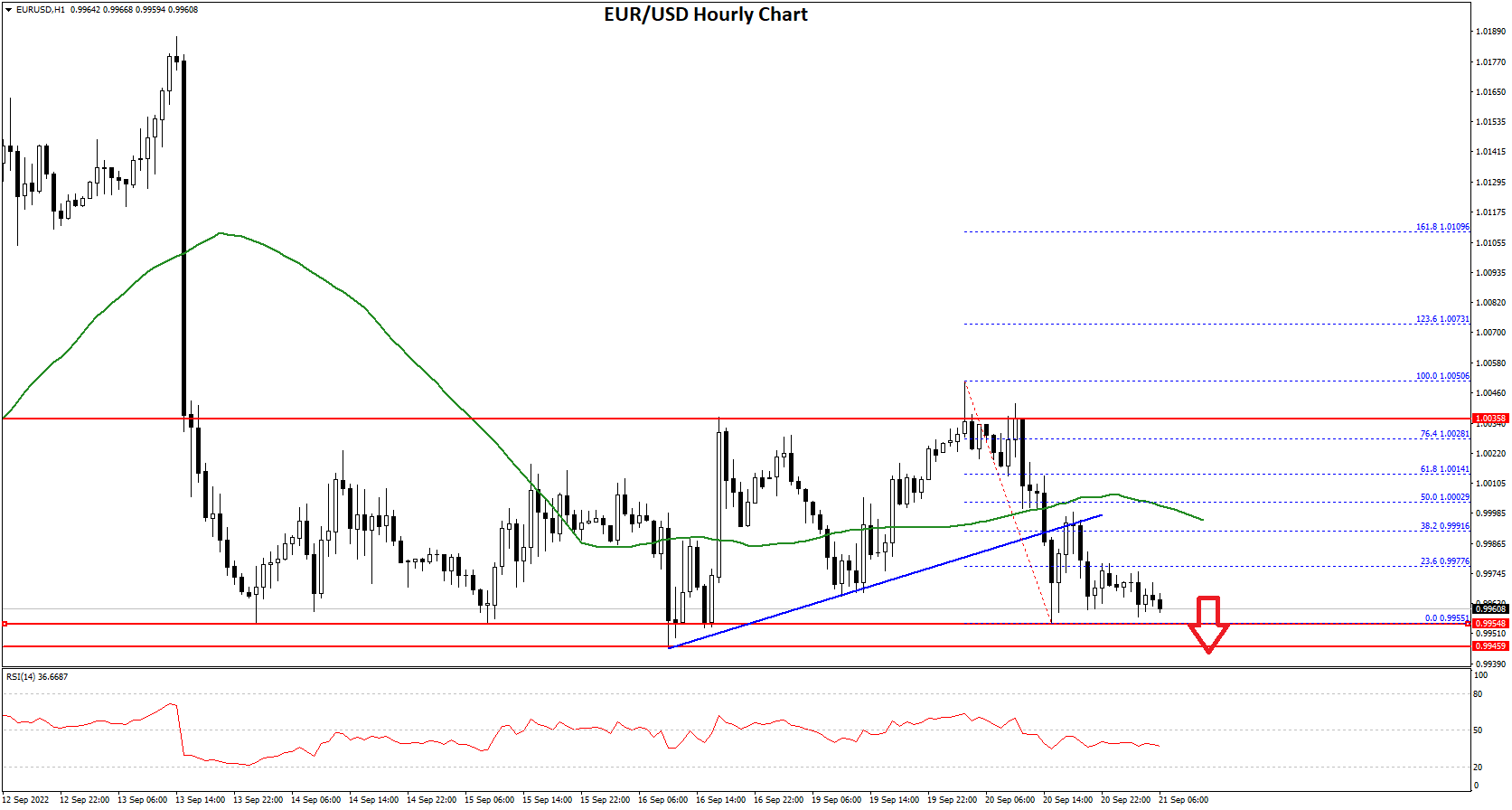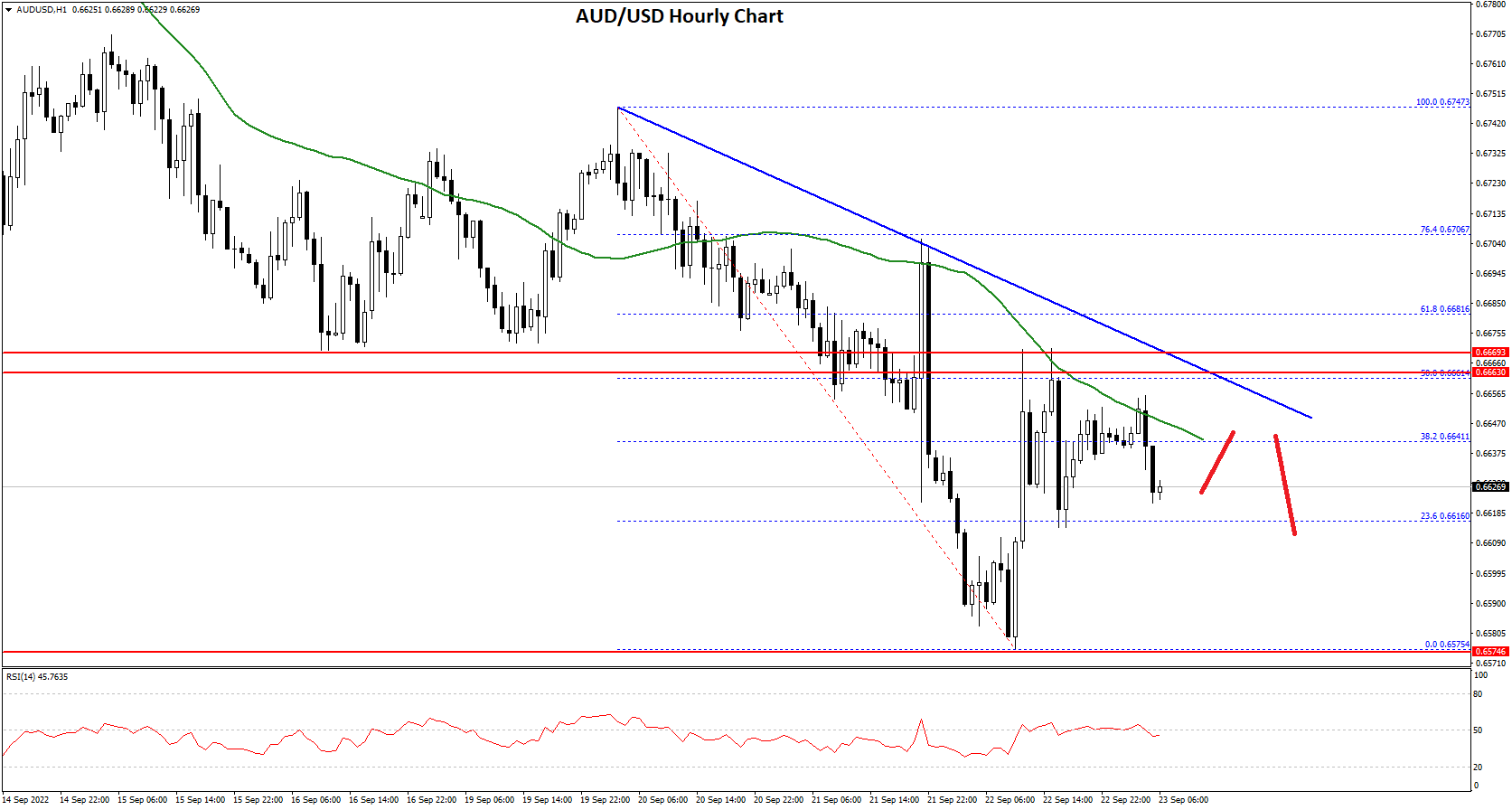British Pound at 20 year low as new Prime Minister takes office
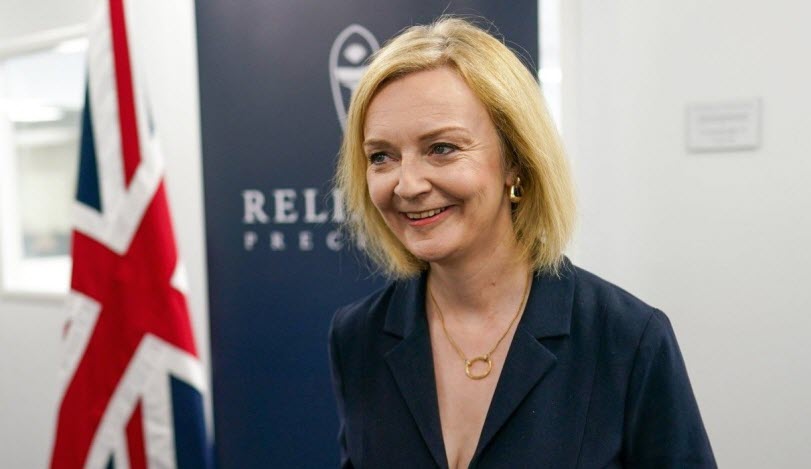
The somewhat lethargic attempt to replace outgoing Prime Minister of the United Kingdom Boris Johnson has come to an end, and Liz Truss has been inaugurated by the current government as the Prime Minister who will replace Boris Johnson.
The result of this selection process concluded yesterday to a varied discourse among the business community and the electorate, however it has been marked by the already flagging British economy having reached an unenviable milestone, this being the British Pound having sunk to its lowest point in 20 years.
Although the value of the Pound against its major peers turned around on Monday, reversing some of its earlier losses to return to the flatline, it still languishes at 1.16 against the US Dollar today, having risen only slightly from the upper end of the 1.15 range yesterday which is its lowest value in two whole decades.
Faced with inflation that may reach 20% by January, and a total lack of confidence in the economic conditions in the United Kingdom by many investors and a large proportion of the cash-strapped public who have seen the national coffers plundered during the period in which Boris Johnson was in office to the tune of hundreds of billions on lockdown-related schemes, green initiatives and his voluntary involvement in the geopolitical turmoil facing Russia and Ukraine.
It appears that the overall global FX market has become used to the similarly escalating levels of inflation across Europe and North America, and have begun to focus on specific differences between these economic centers rather than on a common issue surrounding inflation which affects all of the West relatively equally.
Therefore, the volatility in the currency markets that is surrounding the majors is stemming from another set of metrics, because if it was all about inflation, there would be similar considerations on all currencies and therefore not much volatility.
The Eurozone has managed to stay ahead during the period at which the Pound has been tanking, and the US Dollar has been the strong currency to measure the extent to which the Pound has been tanking.
Uncertainty looms as the relatively unproven Liz Truss takes office, her views already having been cast on involvement in the Ukraine/Russia political situation where she rather rashly stated that she would like to ‘destroy the Russian economy’. Not really the words that should be coming from an elected official.
In fact, the sanctions have strengthened the ruble, and created extreme demand for oil, therefore adding to the economic woes faced by Western markets.
These are uncertain times, and as summer gives way to autumn, all eyes are on energy prices, the affordability of domestic heating in the winter being another major factor toward the weakening of the Pound.
Volatility is abound, folks!
